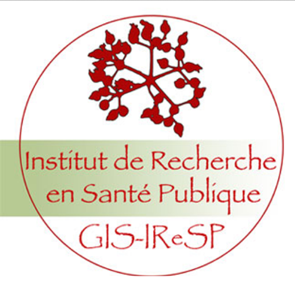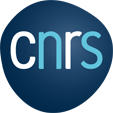ARGUMENT
Therapeutic education - whether for patients, relatives or health professionals - is a contemporary and plural practice that involves patients, health institutions, patient associations and health policies. It refers to a complex phenomenon, variously named according to languages and societies. It is probably part of a broader movement, composed of various practices (health education, clinical ethics, etc.) and changes in care practices. Therapeutic education is also an issue for research, particularly in the educational sciences, health sciences, in medical specialties that have hosted practices related to therapeutic education and more recently in humanities and social sciences. This research approach, particularly that relating to the educational and health sciences, has played and continues to play a role in highlighting therapeutic education and determining its orientations. At the institutional and legislative level, the situation is also marked by a certain diversity, ranging from informal practice to codified and legally regulated teaching and transmission formats. In France, for example, this practice has obtained legal recognition under Act No. 2009-879 of 21 July 2009 on hospital reform and relating to patients, health and territories, known as the "HPST" law. We propose an international workshop dedicated to understanding, from an epistemological and ethical point of view, this practice and the challenges it raises for medicine, the care relationship, the trajectory of patients and health policies. In our view, this understanding begins with a historical perspective and semantic analysis of terms: the plurality of historical narratives and terminological choices is remarkable and deserves to be examined. In a second session, we aim at focusing on the challenge of presenting technological tools in therapeutic education courses and their appropriation by patients. The ETHE project - Epistemology, Therapeutic Education, Ethics - funded by the Institute of Public Health Research (September 2018-February 2020) allowed us to explore this issue, in a specific context: that of the training of people with Parkinson’s disease who are managed by deep brain stimulation. We would like to devote a third session to the analysis of a specific but transversal issue, from the clinic to health policies, that of the evaluation of practices associated with "therapeutic education": its origins, its justifications, its criteria, its scope. Finally, with a view to reflecting on public health policies, a fourth session will be devoted to analysing patient selection approaches and pedagogical models, explicit or not, used in these training courses : we thus intend to shed light on what therapeutic patient education tells us about medicine and its contemporary transformations.
|
| Online user: 10 | Privacy |

|


